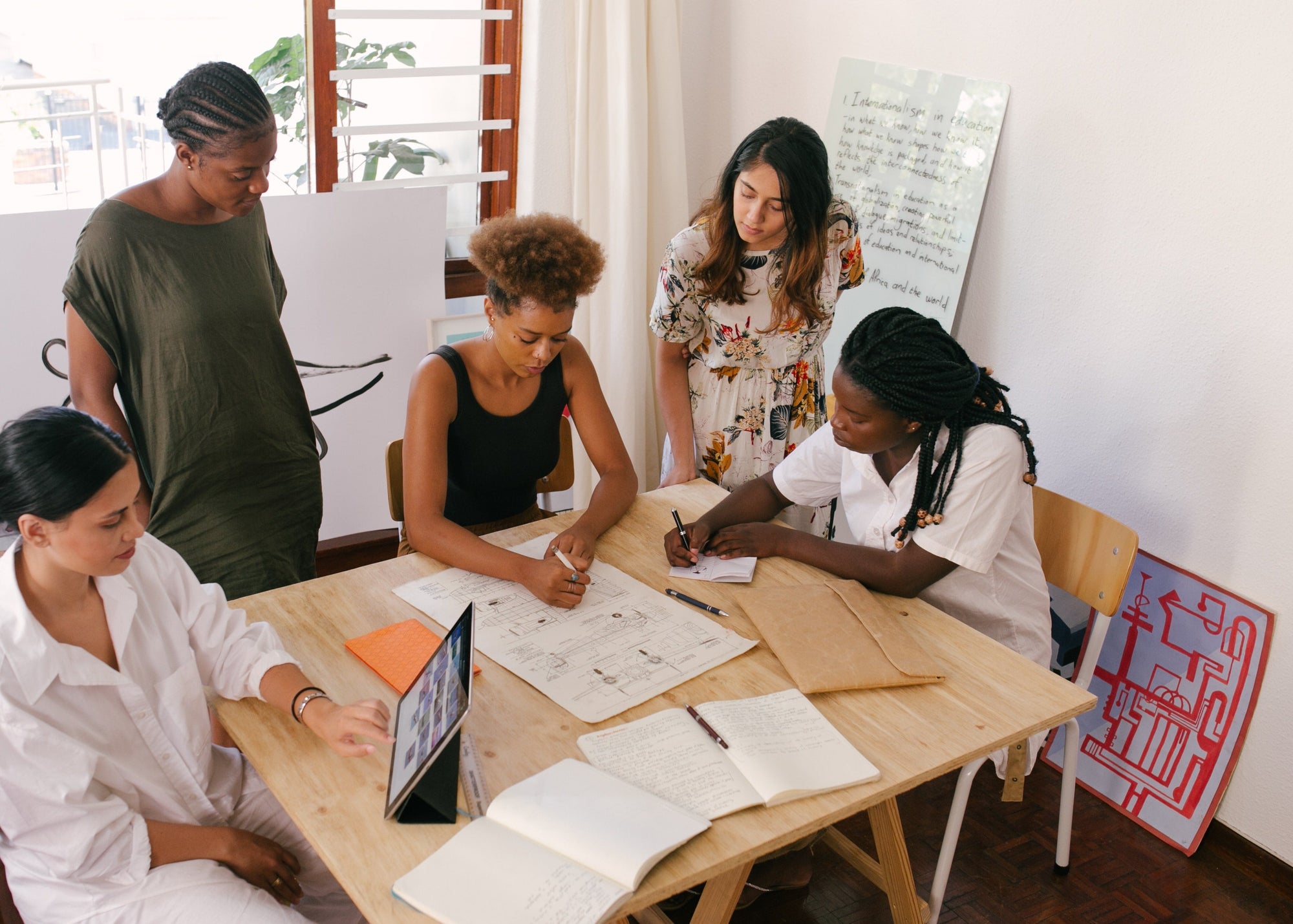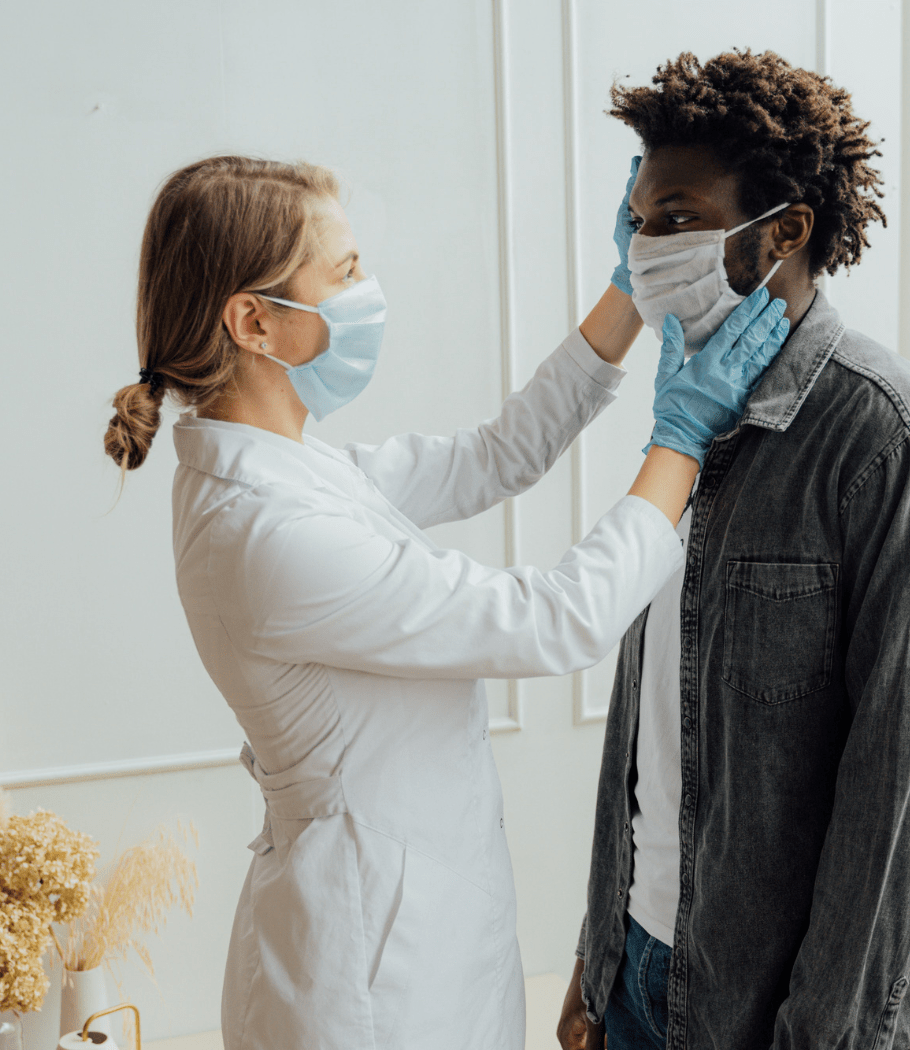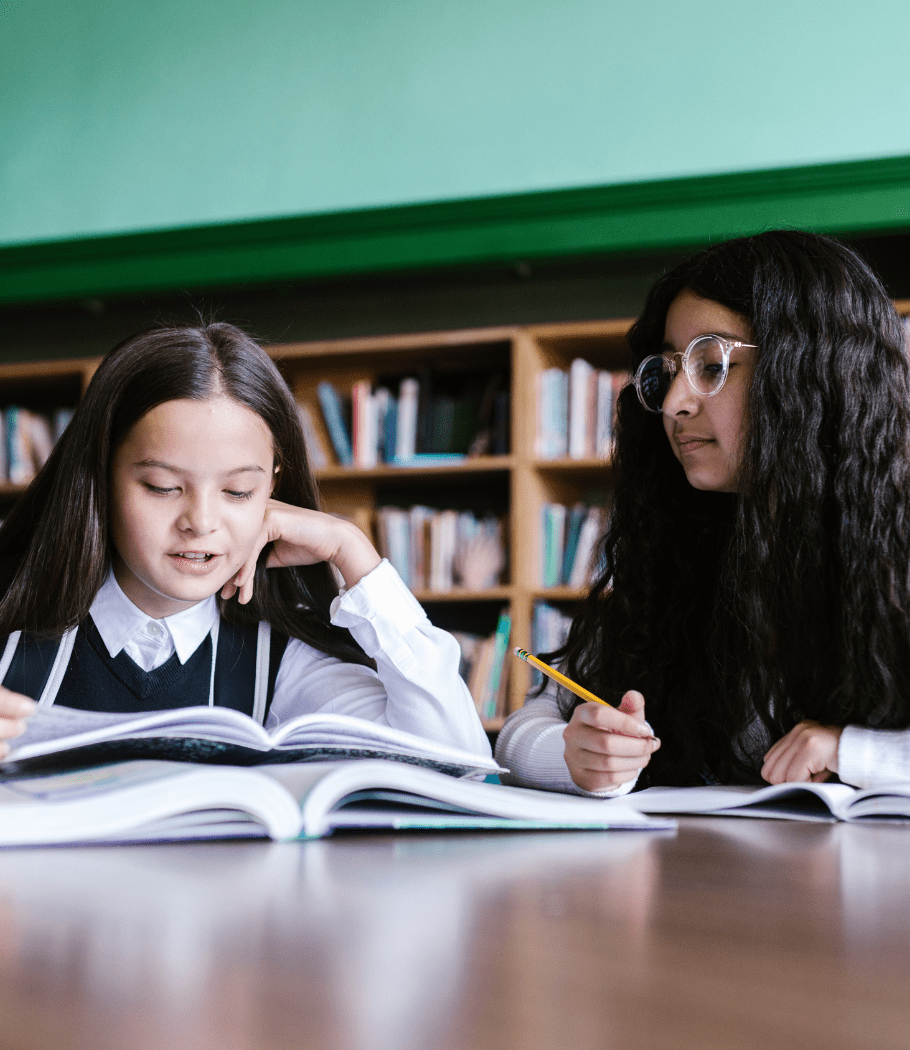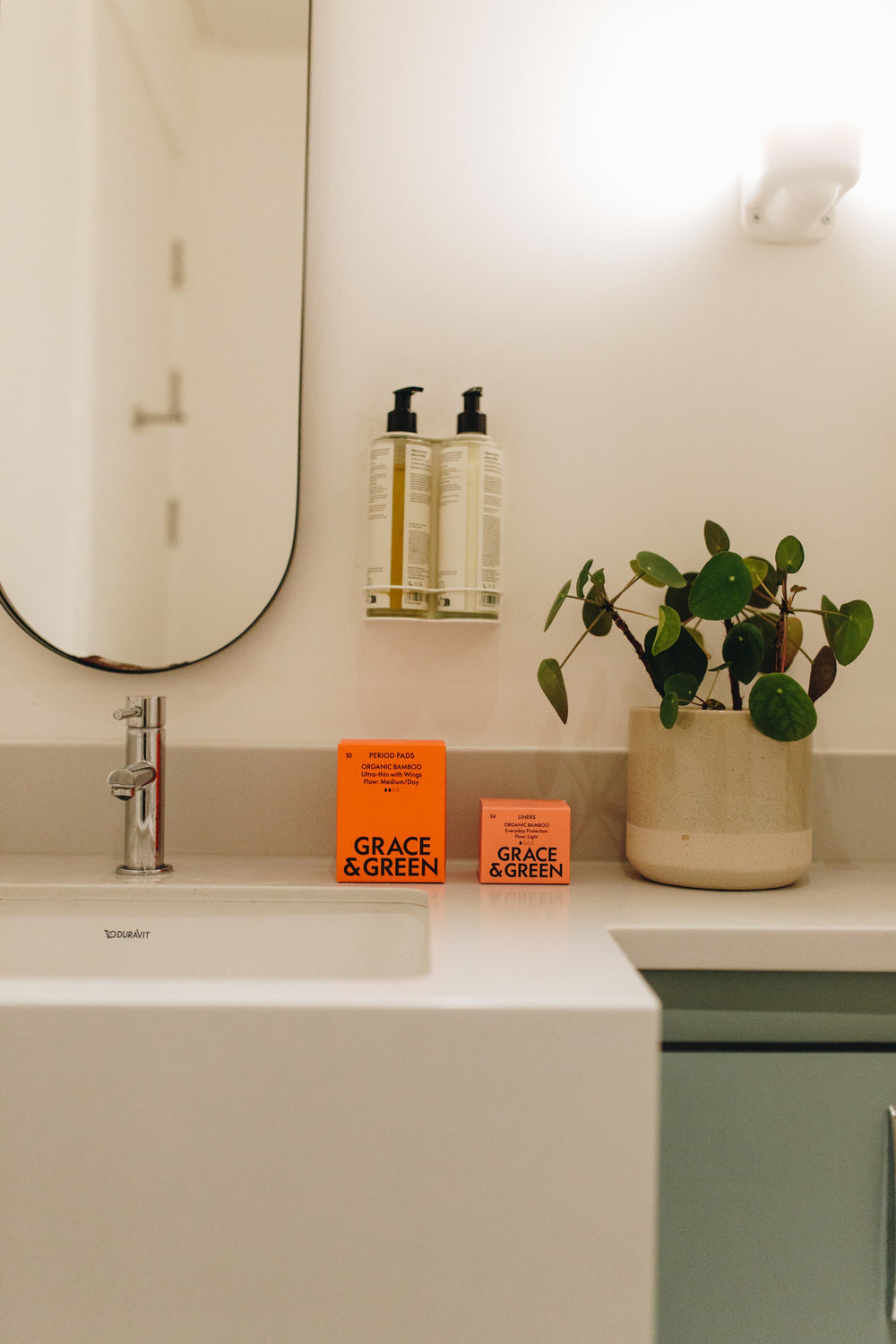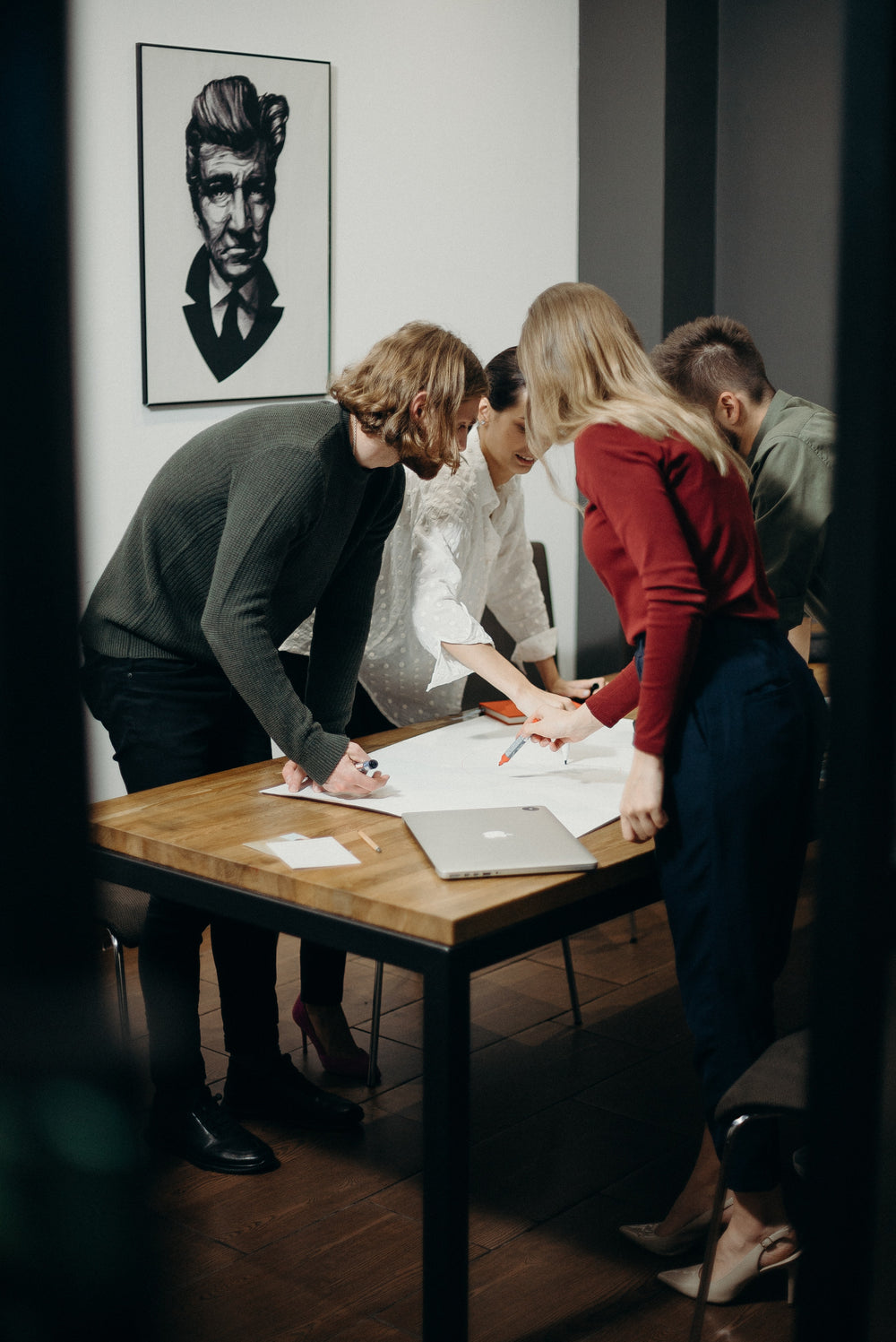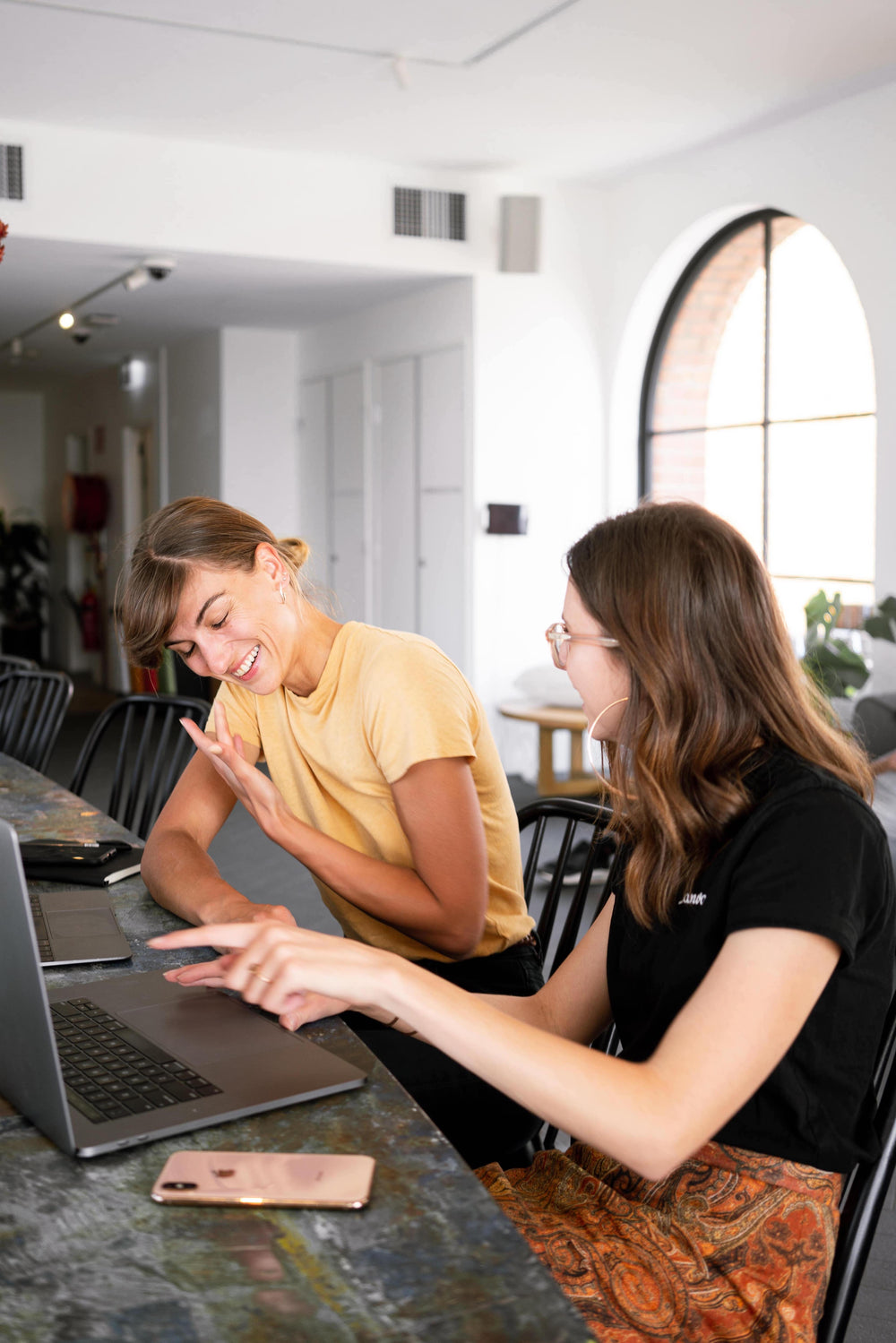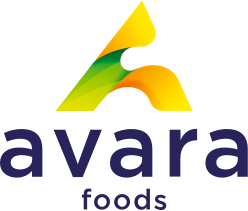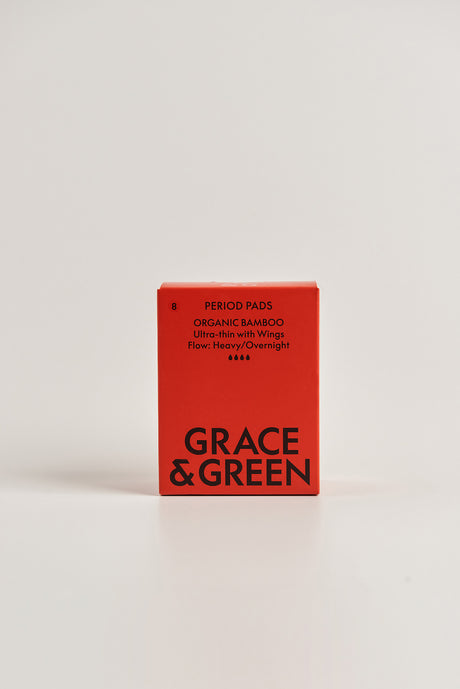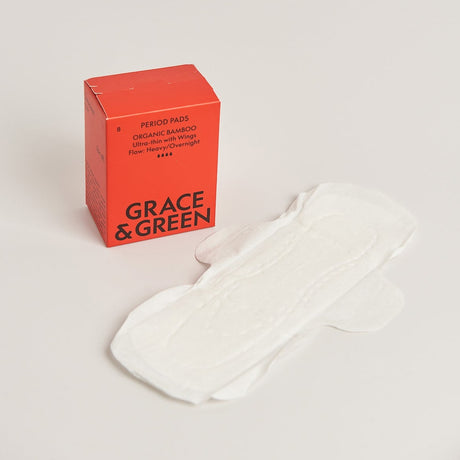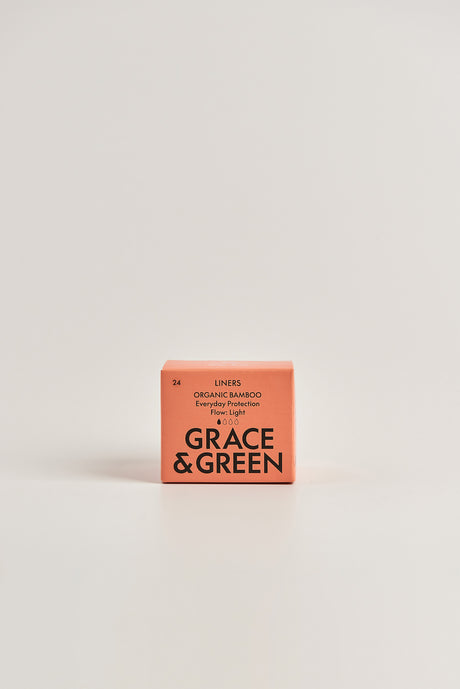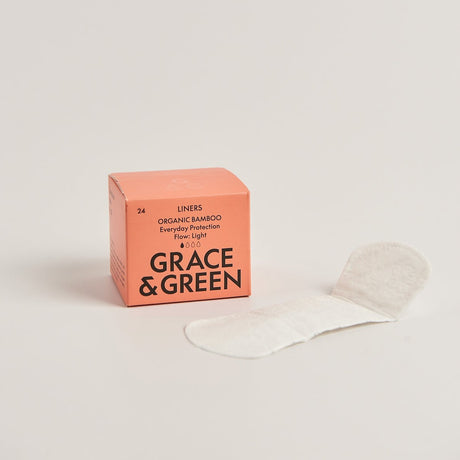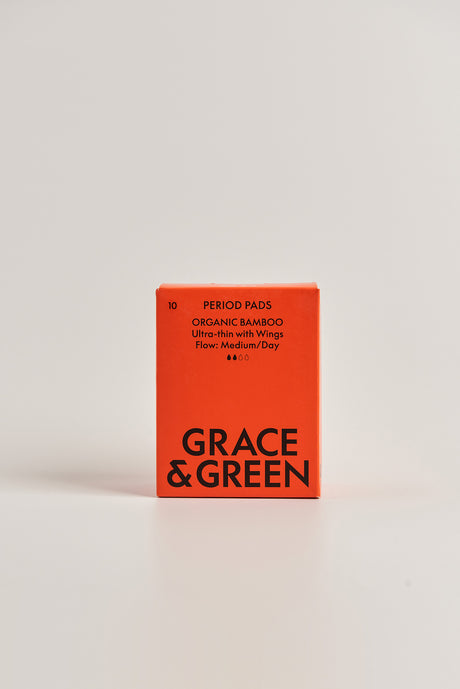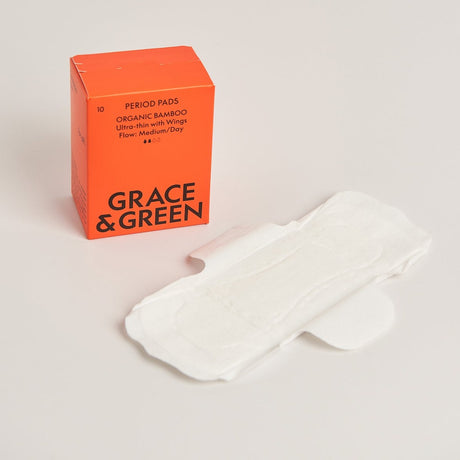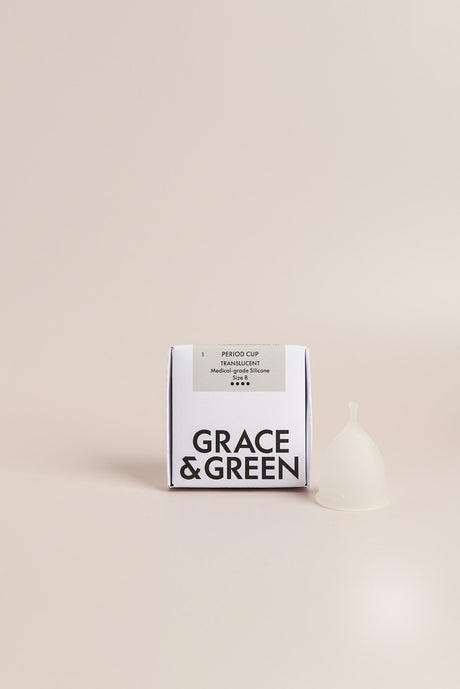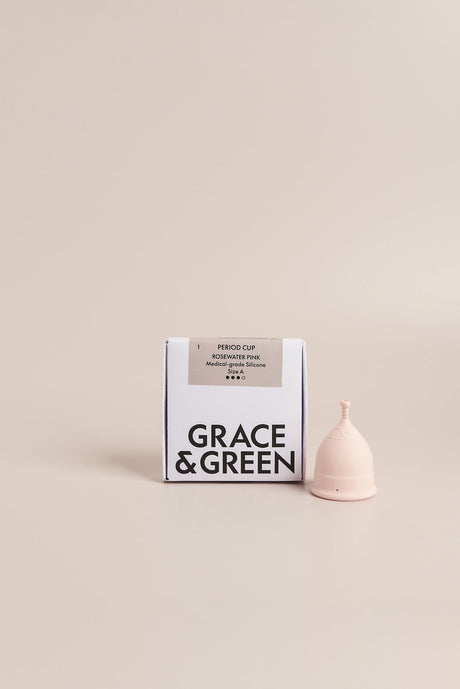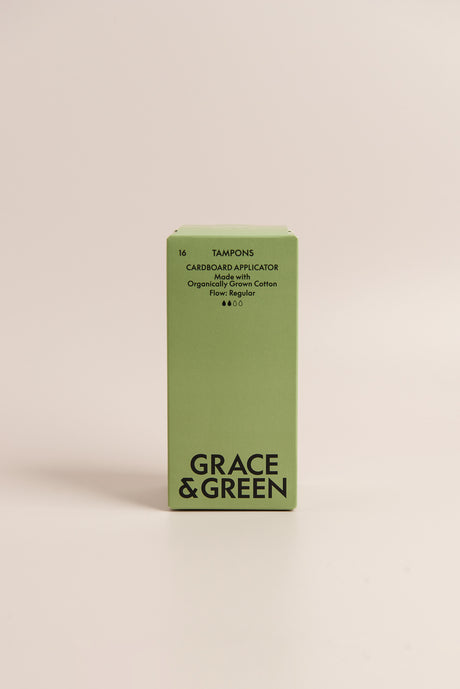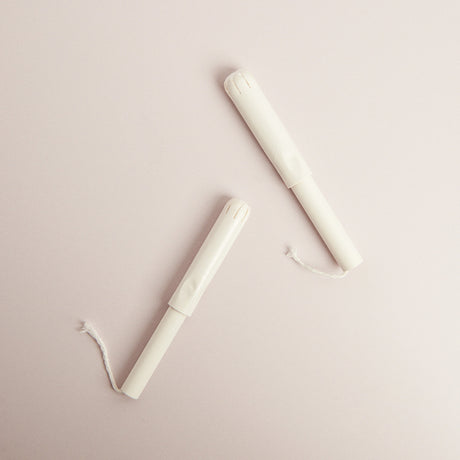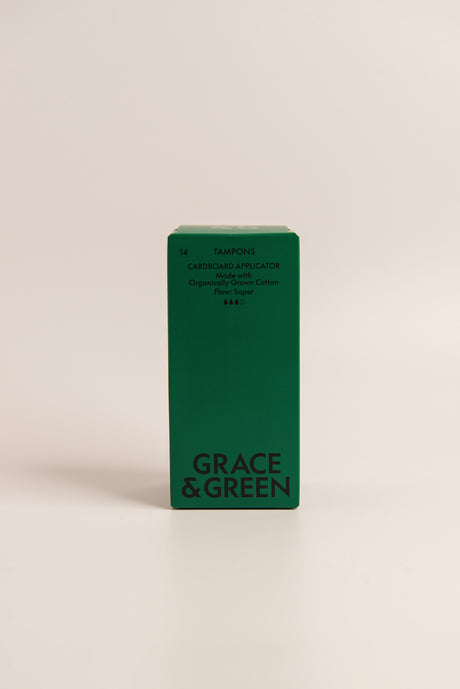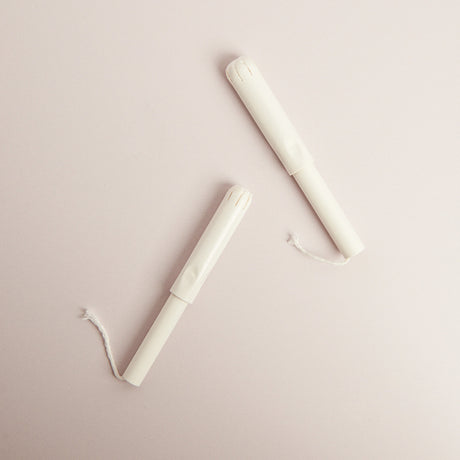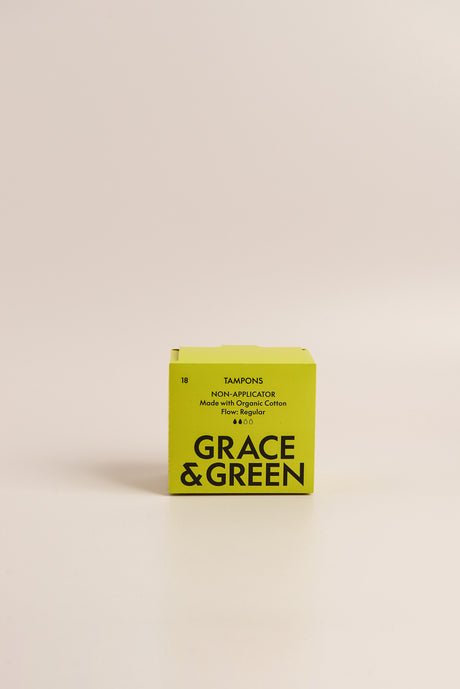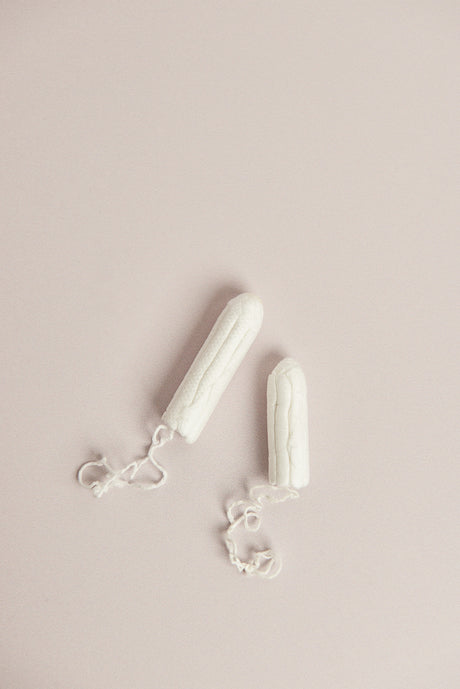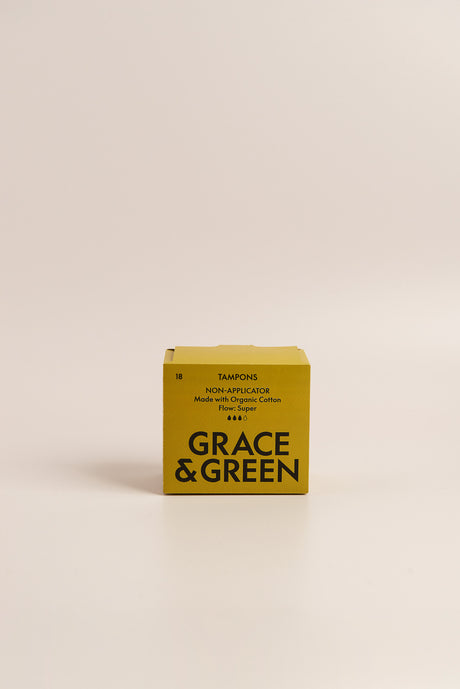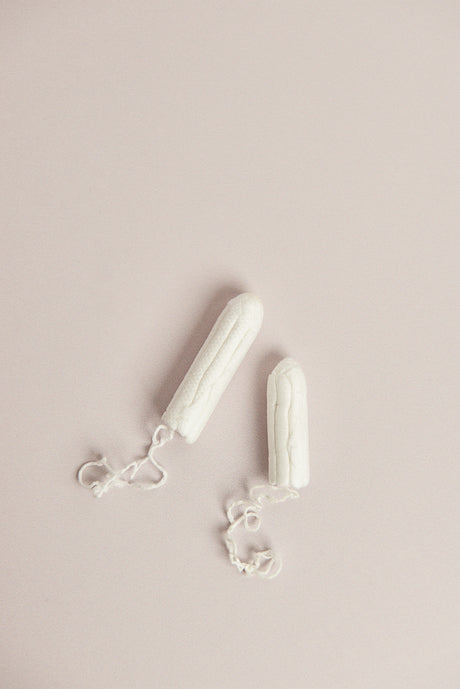Why supporting menstrual health matters
Everyone experiences periods and menopause differently, and for many, they can be disruptive and isolating. But just because they can be a pain (sometimes literally), doesn't mean individuals should suffer in silence or shame, or go without basic necessities.
That's why Period Dignity exists - a movement supporting organisations to support their people, students, staff, and members. We give you the tools to ensure everyone has free-to-access sustainable period products, information, and support they need to manage their periods and navigate menopause with confidence and comfort.
We're raising the bar to: build awareness, deliver education and break taboos. And the best bit? It costs a lot less than you think, at less than £5 per person per year with our corporate discounts, it’s cheaper than the average toilet roll or coffee bill.
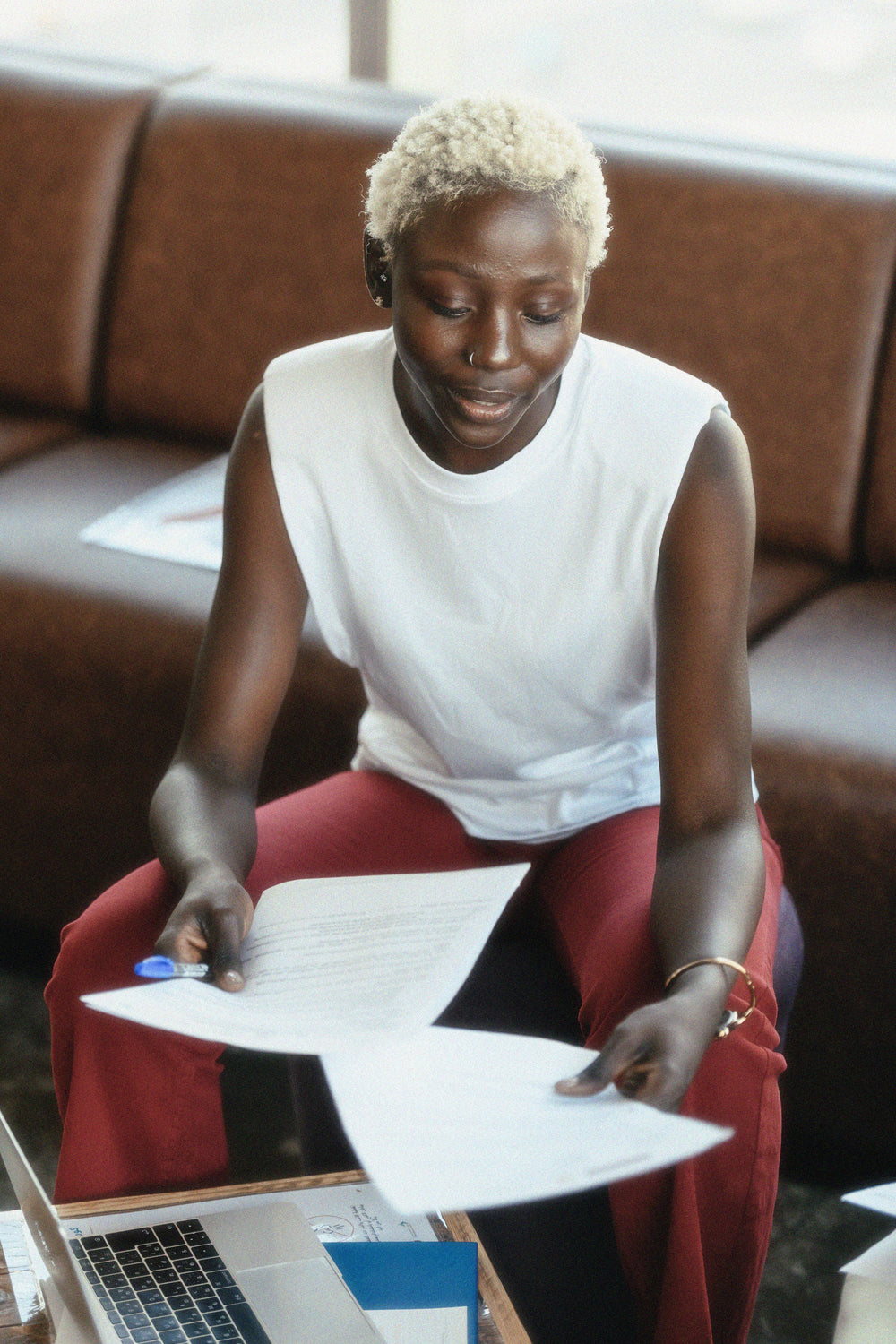
Our Partners
We’re proud to support 350+ leading organisations who are dedicated to dignity.

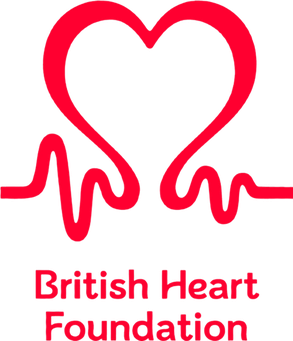


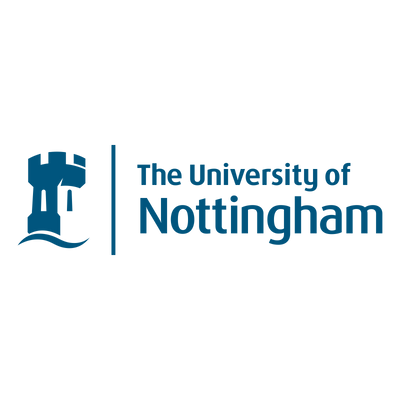



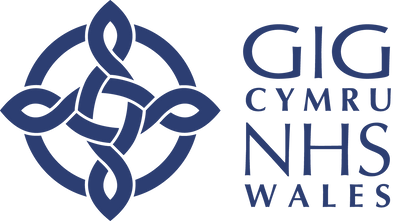

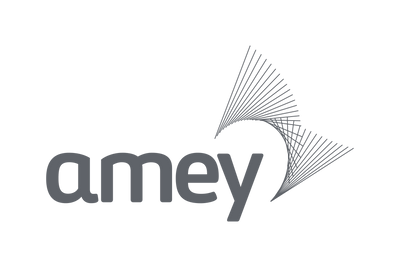
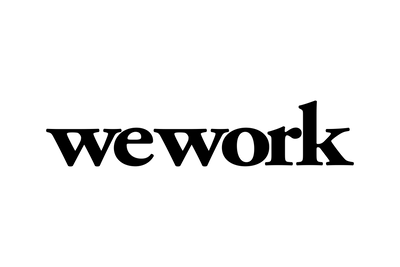

Who is Period Dignity for?
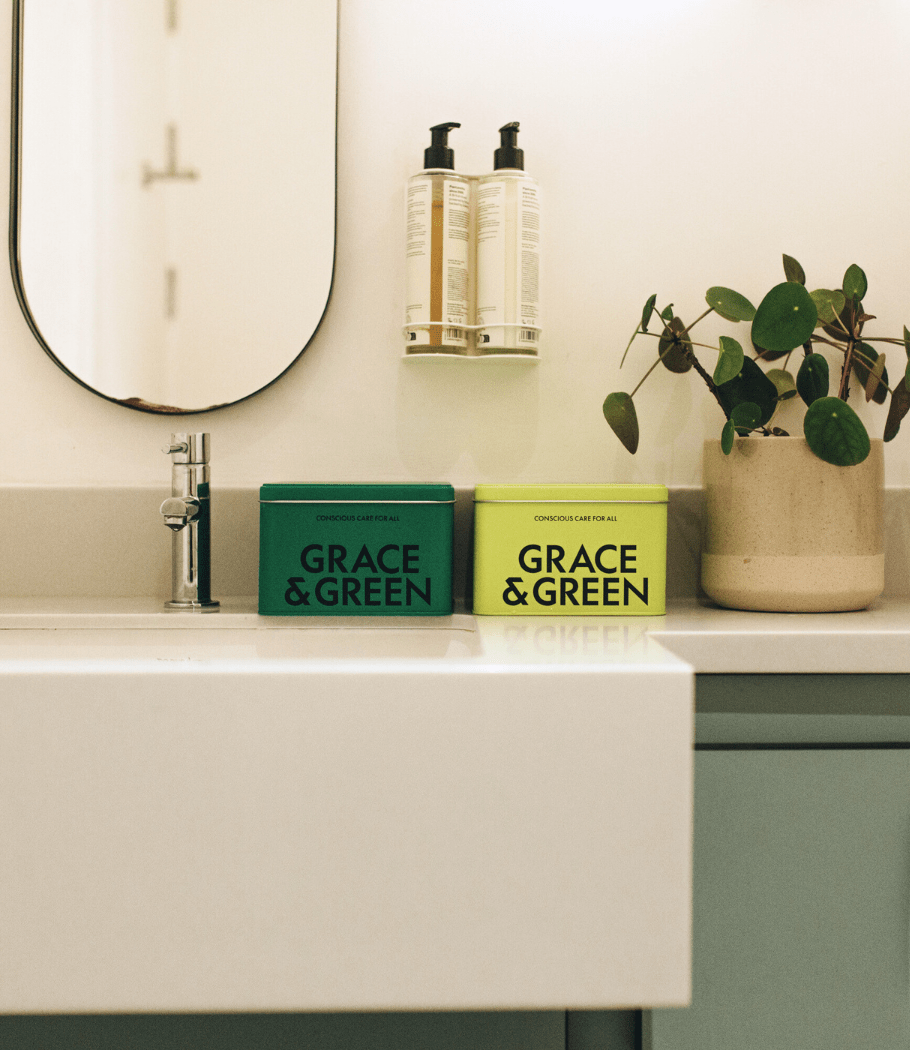
Eco-friendly period care for every space
Providing free sustainable period products is not just good for people, it's good for the planet, aligning with your ESG goals.
Many may not know the impact of traditional period products on the environment. Businesses can be the catalyst in the switch to plastic-free periods and, with 2 billion period products used each year in the UK alone, this small change makes a huge impact.
Unlike mainstream products, all our products are organic, toxin-free and made with biodegradable or recyclable materials.
Our range of 100% certified organic pads, tampons and liners means all preferences and flows are covered.
We offer period care for every bathroom, from customisable vending machines to durable displays for smaller spaces.
-
100% Organic Crafted with 100% certified organic cotton and bamboo.
-
Biodegradable Our products are made using biodegradable materials, so they don’t hang around.
-
Toxin-free Made without fragrances, dyes, chlorine bleaches and other toxic chemicals.
-
Hypoallergenic Comfortable, super soft and suitable for all skin types.
How we deliver dignity.
Access to free high-quality organic period products is crucial, but Period Dignity goes beyond just the physical, we create a culture.
Hear from the Period Dignity community.
Discover our range.
Organic, sustainable period care for every office, school or public space.
-
Organic Bamboo Period Pads
Heavy
Made with 100% organic bamboo, our super soft pads with wings combine comfort with leak-proof protection. F...
-
Organic Bamboo Liners
Light
Perfect for light flow days, spotting between periods, discharge or small everyday leaks. Made with super s...
-
Organic Bamboo Period Pads
Medium
Made with 100% organic bamboo, our super soft pads with wings combine comfort with leak-proof protection. Free from synthetic ...
-
Reusable Menstrual Cup
Heavy
Our reusable period cup is a sustainable alternative from single-use tampons or pads. With a smooth coat...
-
Organic Cotton Applicator Tampons
Regular
Made with 100% certified organic cotton for total confidence and comfort. Designed for every body with mini...
-
Organic Cotton Applicator Tampons
Super
Made with 100% certified organic cotton for total confidence and comfort. Designed for every body with mini...
-
Organic Cotton Non-applicator Tampons
Regular
Made with 100% certified organic cotton for total confidence and comfort. Designed for every body with mini...
-
Organic Cotton Non-applicator Tampons
Super
Made with 100% certified organic cotton for total confidence and comfort. Designed for every body with mini...
Join the Period Dignity scheme.
Our team are happy to help and will send you a tailored quote to suit your needs.
FAQs
How do I access the benefits?
When will my order arrive?
Is there a minimum order quantity?
What are the benefits of joining the Period Dignity scheme?
Why should I provide period products for free?
Visit the Green Room
Read the latest on all things menstrual health, sustainability or social impact.
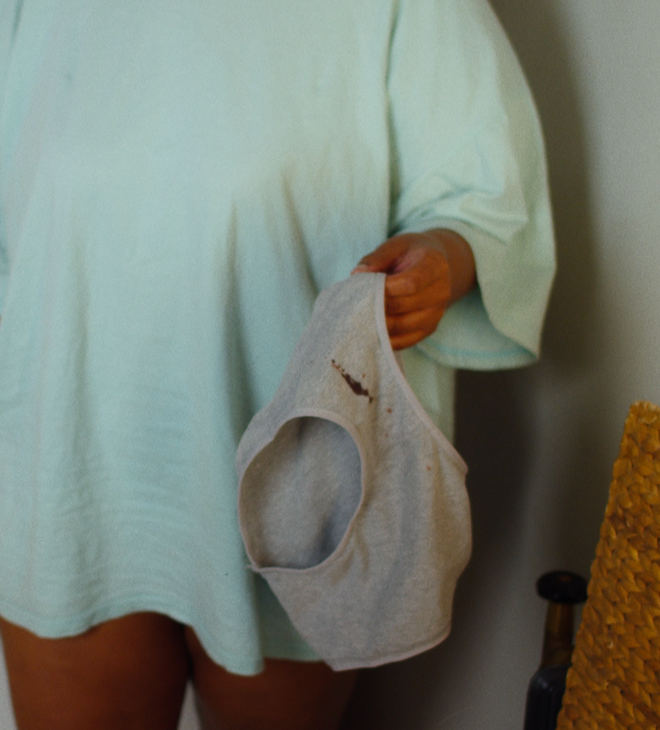
Why we should stop saying ‘sanitary’ when talking about periods
The way we talk about periods can greatly impact how people think about them.At Grace & Green, we’re committed to not using the terms ‘hygiene,’...
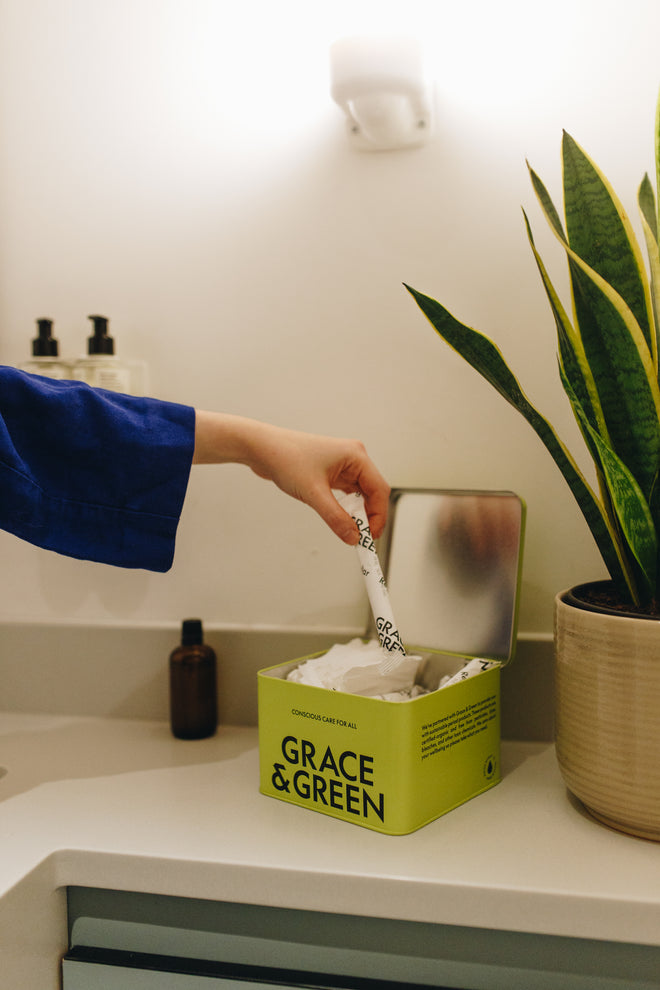
Why period products should be free at work
Should people who menstruate be able to access period products for free? 76 percent say yes. People with periods don’t choose to have periods: it’s something...

How to support menstrual health at work
Periods are a natural part of life, yet the lack of support and attitude towards menstrual health mean they are still creating a surprising...
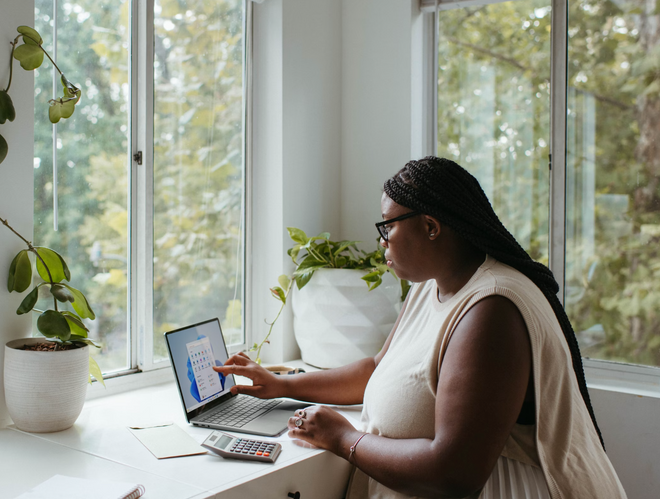
Can I leave work because of my period?
Imagine waking up on a Monday morning with gut wrenching abdominal cramps, crippling back ache, a thumping head and intermittent nausea. You’d phone in sick,...
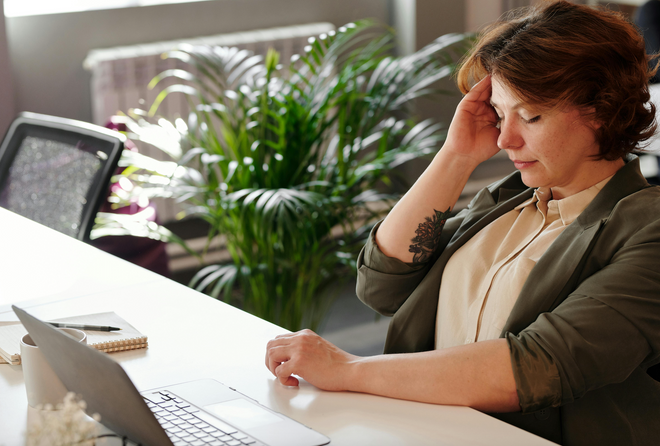
Tips for managing your period at work
Periods are a real pain in the neck – or should we say a pain in the abdomen, back, thighs, head… the list goes on....
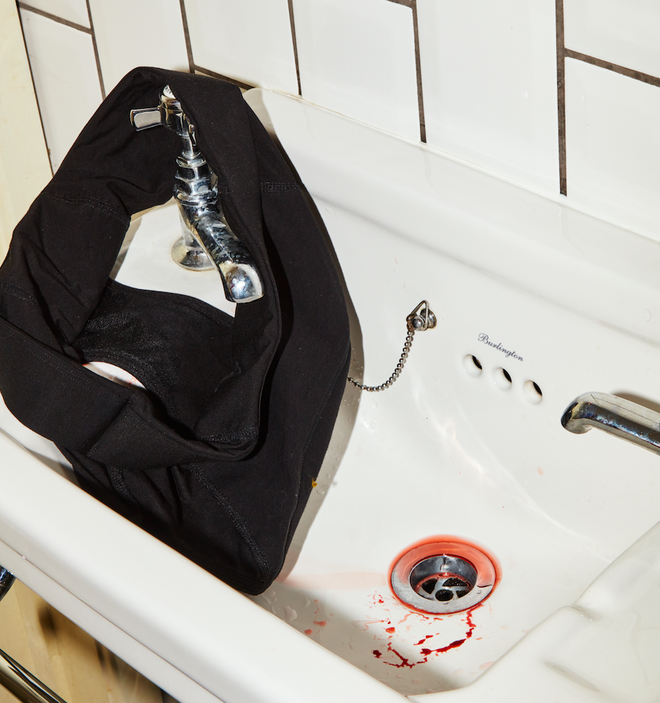
Why everyone needs to learn about periods
When do you think it became compulsory to have menstrual health as part of the school curriculum for all genders in schools in England? Ten...
